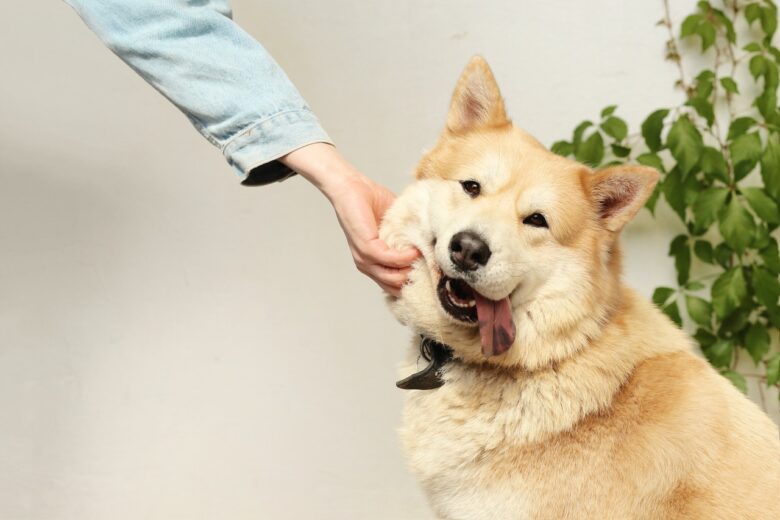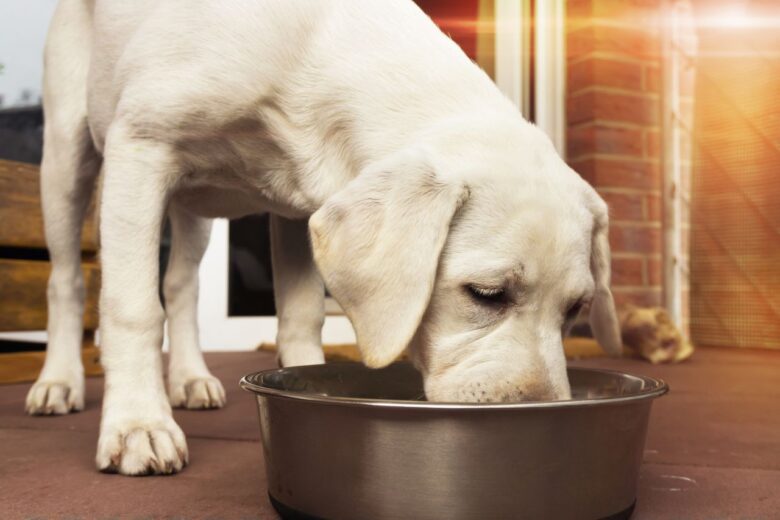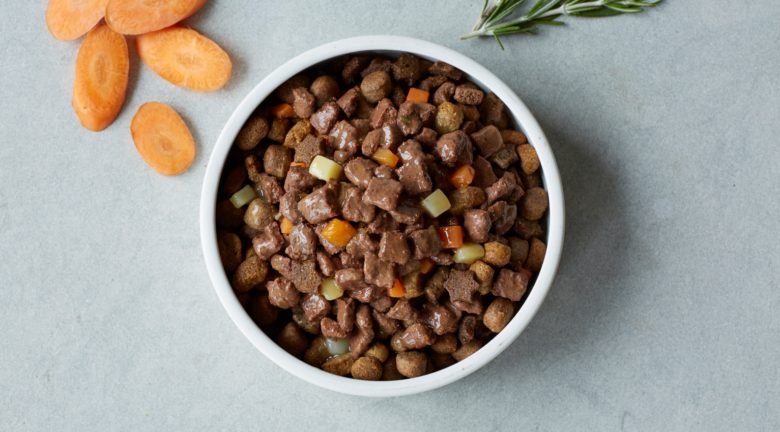If you’re lucky enough to own a dog, you know how difficult and responsible the task of raising a healthy puppy is. Nutrition is one of the essential factors of their growth since the general health, mood, and well-being of our pet depend on it. Should you have the impression that the foods you feed your four-legged friend are too monotonous and want to make some positive change here and there, that’s fine. Yet, before you decide to take such a step, the best bet is to ask yourself a key question – can such a change affect your dog’s digestion and in what way?
In this super practical guide, we will explain what consequences can a single diet change cause, how to prevent its negative effects and help your pets enjoy the other food type in the right way without any issues.
Can a single diet change affect my dog’s digestive system functioning?

You bet! In case your puppy got used to eating a certain type of food, its stomach and the entire digestive system are completely set to this regime. Anything that deviates from it represents a novelty that doesn’t necessarily have to be good for your pet’s health.
Diet diversity is important and desirable, but what works well for one dog can cause consequences that can last for several weeks for another. This is why you should approach this matter carefully, following the reaction of your animal and jotting down all the changes you notice. Each and every one of them can point to certain problems the new treats can cause.
Let’s say you have fed the dog leftovers from your cooked meals and suddenly started giving them dry food only or vice versa. After consuming another, somewhat unknown type of food, a dog may experience various digestive problems, including diarrhea, vomiting, and overall weakness. This happens because the new regime represents a shock to his intestinal flora, which hasn’t had time to adapt to the new conditions. In such situations, you must find a way to fix the matter and help your puppy get used to new nutrients or food types before you keep giving them different meals.
Of course, it may happen that your dog accepts the new food quite well and doesn’t get any symptoms, which is great news. In that case, the only thing you need to think about is how to provide your pet with enough nutrients within such a diet and make them intake all the necessary vitamins so that they can continue to progress in the right way.
Here are some helpful tips on how to get your pet used to the new regimen more easily if you’re planning to introduce them to new foods.
Don’t make sudden changes

Mild changes are fine – but the sudden ones aren’t, at all. Any foodstuffs you include in the dog’s diet must be introduced gradually over a period of at least seven days. This allows the dog’s appetite and metabolism to get used to the new routines. What does this involve?
For example, start introducing a new type of dry food by mixing it with what the dog is already used to and monitor its reaction. In case the animal ate similar meals as you, mix them with the new treats and increase the dose daily. If the reaction is too strong, immediately stop trying out the new regimen and turn again to what pleases your pet the most.
It’s significant to note that, if your dog has certain food allergies or other gastrointestinal problems, it may not be able to go through the transition procedure so quickly. In such case, be patient and don’t
Give your pet more water

Besides making sure we provide a satisfactory amount of vitamins and minerals to our dog, we should also ensure it takes a solid amount of water. A puppy should always have enough fresh and clean water, so try to fill its water bowl whenever you notice it’s empty or that the water is almost gone. You should especially consider this tip if you have young puppies, nursing female dogs, or if it’s too hot outside – for example, during summer days.
Include probiotics and vitamins that stimulate the growth of the intestinal microflora

To maintain a satisfactory level of good bacteria in your dog’s organism, you should introduce your puppy to probiotics. They are responsible for the development and growth of these ‘helpers’, as well as various fermented foods. Some other good nutritive solutions include:
- Dog supplements, including special types of ingredients that prevent gases. PetStruggles has created an amazing guide listing the brands whose food generally has a great impact on your dog’s intestines and sets them free from annoying flatulence
- Dog vitamins in the form of specific complexes. Since these are usually age-specific, make sure you choose the right type before adding them to your pet’s diet
- Higher levels of raw food – mostly meat, which is rich in natural enzymes
Ask for a veterinarian’s advice
Finally, the person who probably knows what would work best for your pet is a vet. If you encounter any unpredictable reactions of your pet or have any other dilemmas you can’t solve on your own, consulting with a professional will come in handy. Your dog’s digestion system can be extremely fragile and a single mistake in providing the best treatment or diet for them may cause smaller or bigger consequences. The veterinarian won’t only be able to diagnose potential problems and find a cure for them, but they will also help you improve your ways of implementing new routines in your pet’s life.
As you may be able to see from the above-mentioned lines, making smart moves when it comes to changing your dog’s diet is essential. Knowing that any sudden difference can make the entire revolution in their bodies, you must make sure you approach this task carefully and with lots of love. If you take the right steps and do everything according to our tips, we guarantee that your furry friend will transition to those new treats much more easily and with minimal consequences.


